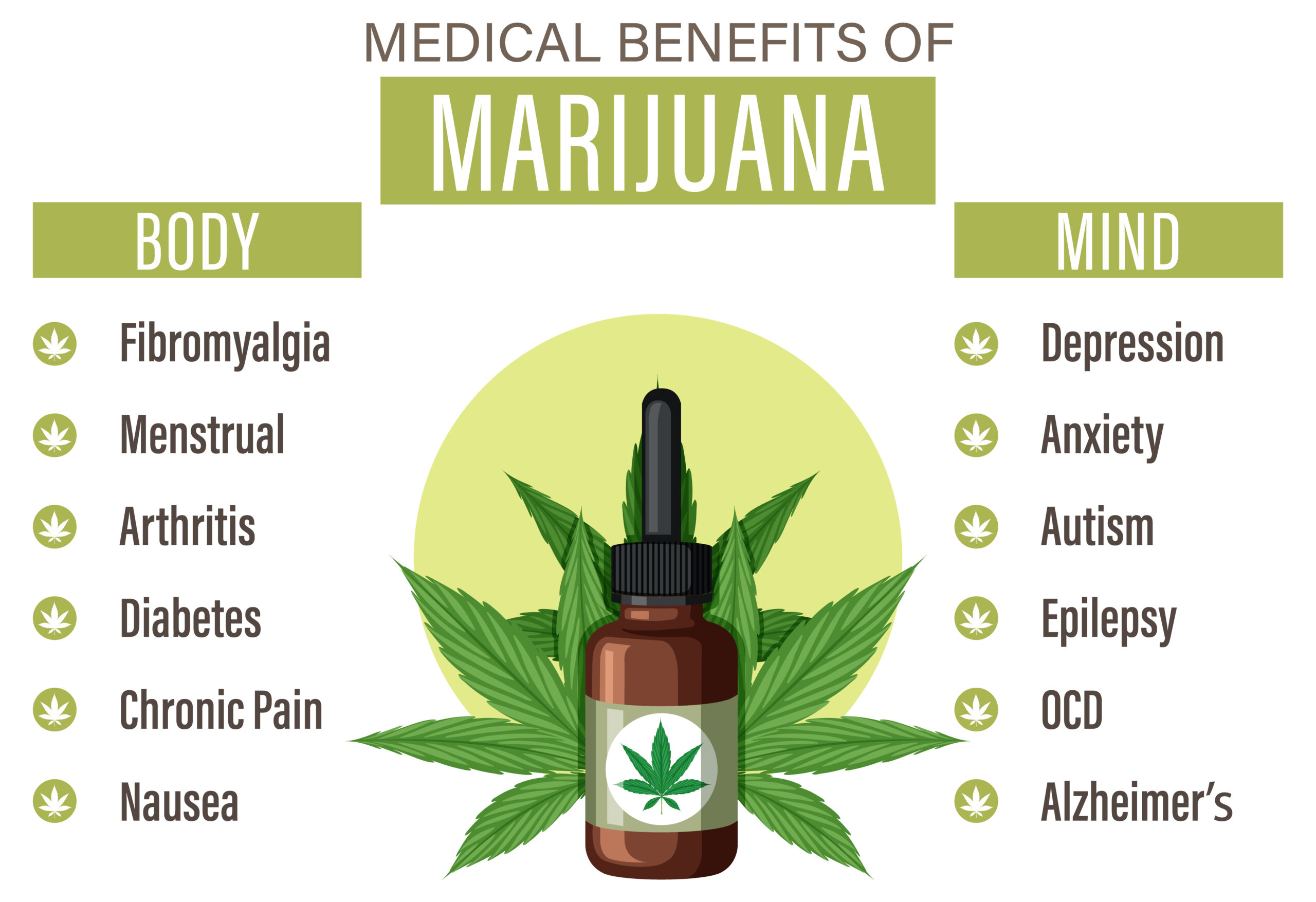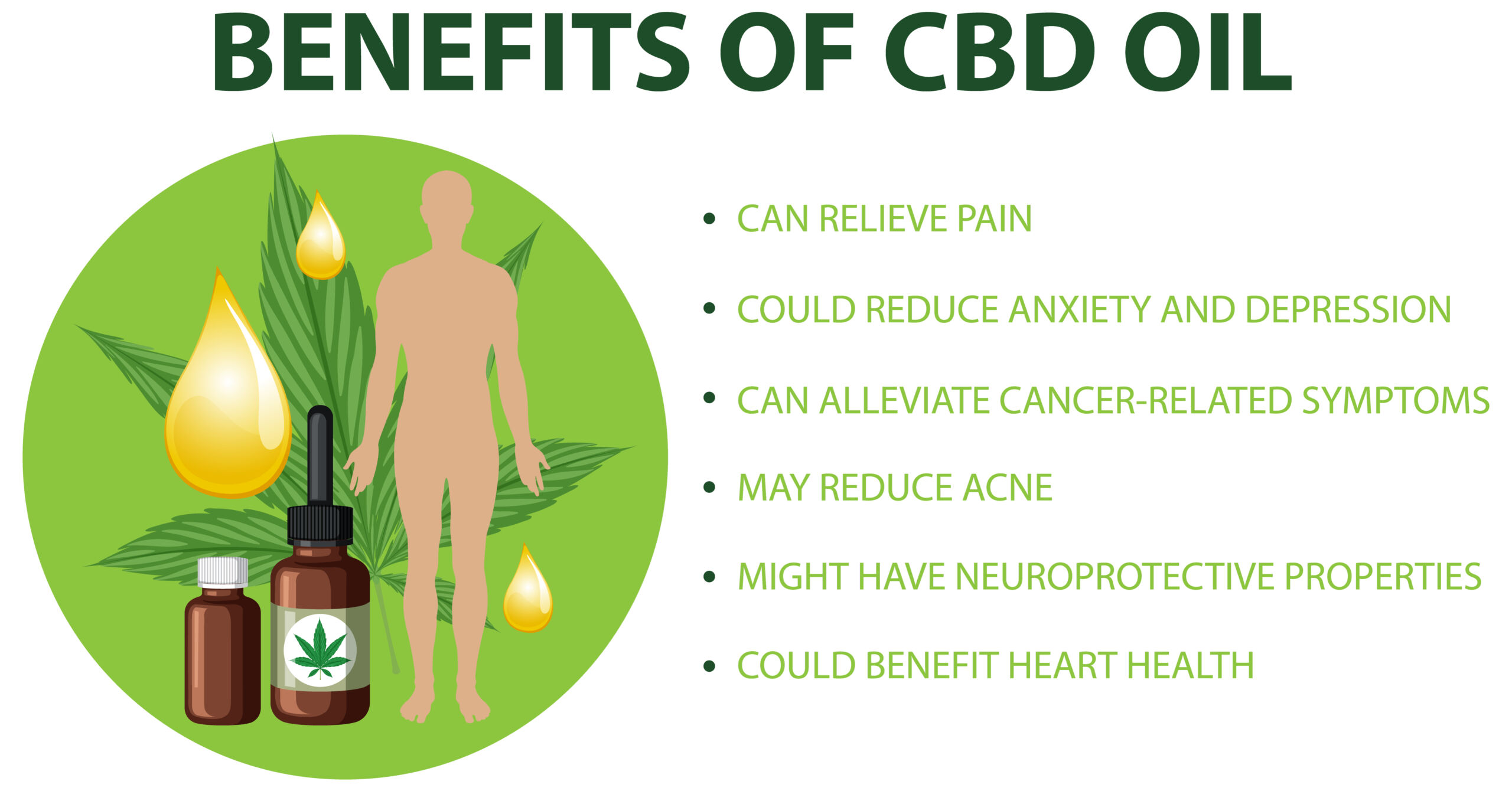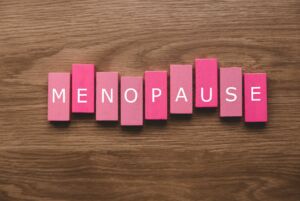Can I use CBD for fibromyalgia?
If you have fibromyalgia you might be curious about taking CBD to help manage this painful condition.
We know fibromyalgia can be life altering. For many, this chronic illness has a hugely detrimental impact, causing widespread pain throughout the body and extreme fatigue. While the presentation of fibromyalgia varies from person to person, there is currently no cure.
Carrying out daily activities can become incredibly difficult, and the condition often presents with other problems such as anxiety, depression, poor sleep, migraines, brain fog and gastrointestinal issues like irritable bowel syndrome (IBS).
In the UK, fibromyalgia affects an estimated 1.8 million to 2.9 million people, and is more prevalent in women than men.
The cause of the condition is still not fully understood, but it is thought to be related to the central nervous system (CNS) and its pain-mediation responses.
Current treatments consist of painkillers, physiotherapy, and lifestyle management, along with alternative therapies like acupuncture, hypnosis, or cognitive-behavioural therapy (CBT). However, they are not always effective for everyone.
Even for those utilising these treatments to the best of their advantage, using complementary options alongside may help ease and manage symptoms.
With an increasing body of research showing the benefits of CBD for the treatment of pain, researchers have now suggested the compound may be an effective treatment for fibromyalgia.
If you are looking to learn about the science on CBD for fibromyalgia symptoms – we’ve got your back. Here, we explore the latest research on the topic and share some of our patient success stories so, with the guidance of a medical professional, you can make an informed decision on whether CBD is right for you.
CBD and Fibromyalgia
Exactly what causes fibromyalgia is still unknown, but it is thought that the development of the condition can be influenced by a number of factors such as genetics, traumatic life events or injuries.
One suggested theory behind the development of fibromyalgia is a deficiency in the Endocannabinoid System (ECS).
The ECS is a system in the body that regulates processes such as sleep, appetite and reproduction, and it has also been indicated as a key system in regulating pain responses.
Molecule receptors of the ECS can be found through the body. These receptors interact with cannabinoids, which are molecules produced inside and outside of the body. Inside the body, the two main cannabinoids are anandamide and 2-Arachidonoylglycerol, and outside of the body cannabinoids can be found in plants including cannabis. This includes cannabinoids such as CBD, THC, CBG and CBN.
These cannabinoids interact with receptors of the ECS called CB1 and CB2. CBD specifically interacts with the CB2 receptor and has been indicated in helping to regulate the production of anandamide, which is known for its role in pain responses.
The theory, put forward in a 2016 paper by cannabis researcher Dr. Ethan Russo, suggests there is strong evidence for Clinical Endocannabinoid Deficiency (CED) in fibromyalgia, as well as in associated conditions like IBS and migraines.
In CED, the ECS’s function is decreased, causing people to experience increased levels of pain and symptoms like gastrointestinal issues, poor mood and disturbed sleep. The theory suggests that the ability of cannabinoids, such as CBD, to interact with the cannabinoid receptors can help to regulate the system and potentially reduce associated problems.
For example, regarding fibromyalgia, the paper points to studies that have found CBD to be beneficial for regulating pain, suggesting that cannabinoid therapy could be a beneficial treatment for the condition.
In fact, Russo’s paper goes further to argue that there is an urgent need for clinical trials looking at cannabinoid therapy for the condition, as existing treatments are falling short for patients.
Current research
Pain
The agony of fibromyalgia can be truly overwhelming, leaving you searching for answers and, most of all, relief.
While pain medication can help some people, they are not the right fit for everyone. Many of these therapy options are opioid containing drugs, which can be highly addictive after taking them for only a short time.
Currently, over half the people in the UK receiving addiction treatment are in recovery from opiate use.
At the core of fibromyalgia pain is thought to be a problem with the CNS causing increased sensitivity to pain.
The ECS is involved as cannabinoidns that interact with the CB1 receptor help to calm down nerve signals through the CNS. Cannabinoids like CBD which interact with the CB2 receptor impact cells in the immune system, and both the CB1 and CB2 receptors play a role in pain signalling
So, could CBD be an alternative option for fibromyalgia patients looking to get their pain under control?

A 2021 survey of fibromyalgia patients that were using CBD for pain management found the majority of respondents were using it as a substitute for opioids and other pain medication.
The results revealed that the fibromyalgia patients using full spectrum CBD products with more than 0.3% THC had the highest number of medication substitutions, as well as the largest improvement in symptoms. This research suggests that more rigorous studies should be carried out to examine CBD’s potential to replace opioids in the treatment of pain.
Another 2023 review of studies investigating CBD for pain assessed the therapy’s potential as a treatment for fibromyalgia. The review found that while cannabinoids reduced pain, the evidence was not of high quality – as there were only a small number of Randomised Controlled Trials (RTCs), noting that further, high quality research is needed.
However, it did find that cannabinoids had positive effects on quality of life and improved associated issues including sleep quality, mood and libido.
In another study, CBD was found to reduce pain in fibromyalgia patients by more than 30% compared to a placebo.
A further review found that patients with fibromyalgia reported an improvement in their symptoms following CBD use, and another pointed to cannabinoids as a potential treatment for the condition.
Sleep
We’ve explored how CBD may have benefits for pain, and we know pain really gets in the way of a good night’s sleep, causing extreme physical exhaustion. So, could CBD also be a trusty sleep aid?
As well as potentially improving pain management and therefore contributing to a good night’s sleep, one of the most cited effects of CBD is sedation.
Studies in rats have found that CBD causes sleepiness at low doses and sedation at high doses, and one review of research highlighted the role of cannabinoids in regulating sleep-promoting brain areas.
Specifically, they help regulate the production of anandamide and 2-Arachidonoylglycerol which are involved in states of wakefulness and sleep.
In 2023, one study investigating cannabis for sleep found that participants in the CBD group of the trial experienced significant improvements in sleep quality after eight weeks of administering 50mg of CBD a day.
A 2024 clinical trial that investigated CBD for sleep found that 15 mg of CBD reduced sleep disturbances over a period of four weeks, and another review of research found the compound may help to reduce insomnia.
Further results published in 2024 from a study exploring the nightly administration of 150 mg of CBD for the treatment of insomnia revealed improvements in sleep after two weeks compared to a placebo.
Adding to these findings, clinical trials investigating one of the UK’s only prescription cannabis medicines – Sativex – demonstrated improvements in sleep in patients with pain conditions including multiple sclerosis and rheumatoid arthritis.
A critical analysis of clinical trials also found that in the majority of the trials, administration of cannabinoids improved sleep quality, decreased sleep disturbances, as well as decreased the time it takes to fall asleep.
Anxiety and depression
There are so many contributing factors in fibromyalgia that can lead to anxiety and depression. High levels of pain, poor sleep and worries about health can all cause a whirlwind of emotions and fret.
While both of these conditions can be treated with prescription medications, these treatments can cause undesirable side effects.
Emerging evidence is now suggesting that CBD could be an ally in calming our nerves and improving our mood.

Research currently shows that the compound has anti-anxiety properties in both human and animal studies. In fact, one review found 6 mg to 400 mg doses of CBD were effective for treating a number of anxiety disorders, and a further study of CBD users found participants reported a reduction in anxiety symptoms.
Of particular note is a review that highlighted the connection between anxiety and sleep disturbance, noting how neuroimaging studies have revealed that CBD may regulate regions of the brain associated with anxiety.
Based on the reviewed data, it concluded that there were beneficial therapeutic effects for sleep and anxiety at 300mg of CBD.
Shedding light on CBD’s potential to help depression, one review found that CBD induces antidepressant-like effects similar to the antidepressant imipramine, while another revealed that, in an animal model, CBD displayed antidepressant effects for two days in adolescent mice and 21 days in adult mice.
In Canada, evidence collected from medical cannabis patients revealed a significant reduction in depressive symptoms, and in the UK, further real word evidence from the UK Medical Cannabis Registry also found a reduction in the severity of depressive symptoms in patients prescribed medical cannabis.
Most recently, a 2024 outpatient study found that medical cannabis reduced the severity of depressive symptoms, suggesting further research into cannabis for major depressive disorder.
Patient success stories
The science on CBD for fibromyalgia may still be in its infancy, but we’ve heard many stories from our customers that have found CBD has helped to manage their symptoms.
Discover our customer testimonials on CBD for fibromyalgia, pain, sleep and other related problems:
“I have used Savage Cabbage 10% CBD since the beginning and it helps manage my symptoms from Fibromyalgia, especially painful skin and muscle pain/contractions. It manages this better than the potent medication Gabapentin I was put on which had horrendous side effects. Savage Cabbage are very helpful and look after their customers, even through COVID, Jade managed panic buying extremely well. I wouldn’t use any other brand. It’s transparent on ingredients, you have the full spectrum and it’s well made.”
“At last something that helps me for my fibromyalgia and anxiety. Highly Recommend this product after trying many others!”
“Have gained some ease from knee, joint pain.”
“Works superbly for me, it eases my aches and pains and my quality of sleep has improved massively.”
“Purchased CW CBD oil for my anxiety attacks and yes it works, two weeks Diazepam free.”
“Charlotte’s Web everyday oil certainly reduced my anxiety and I have been sleeping better.”
“Charlotte’s Web CBD oil has literally transformed my life; after 20 years of awful anxiety and panic attacks and multiple therapies all to no avail a simple small dose of oil once a day has totally given me my life back. I never thought I’d say that.”
“The balm is my favourite and really helps with my pain management!”
Conclusion
If you’re living with fibromyalgia, we know you already have a lot on your plate. Here, we have aimed to help lighten your load by illuminating the latest evidence on the potential benefits of CBD for this debilitating condition.
The cards may still be on the table for CBD and its place as a treatment for fibromyalgia, but increasing research is revealing how it holds potential for helping to manage many of the frustrating symptoms.
Clinical evidence is pointing to CBD as having potential therapeutic benefits for sleep, anxiety, pain and depression, and cannabinoid therapy has even been suggested as a potential treatment for fibromyalgia. In the future, further research and clinical trials investigating cannabinoids may confirm these findings and potentially provide a deeper insight into CBD dosage recommendations for the condition.
Don’t forget to check out our Ultimate Guide to Taking CBD Oil and find out Everything You Need to Know about CBD tinctures.
It’s important to remember that everyone is different, so what works for one person may not work for another. If you are considering supplementing your wellbeing with CBD it is crucial to consult with your doctor or your healthcare professional.











